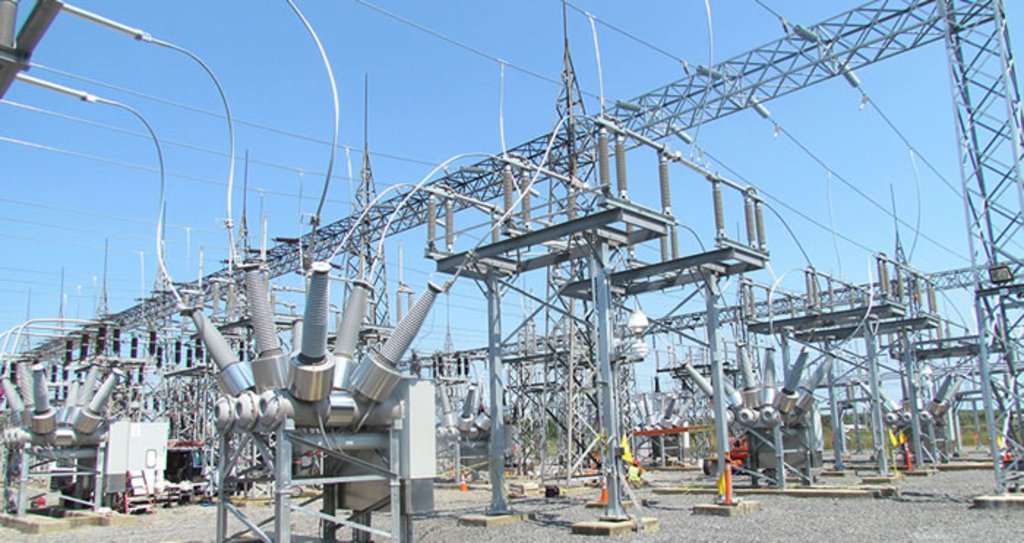
The Federal Government has announced its intention to transition most electricity consumers in Nigeria to Band A, where they will enjoy a minimum of 20 hours of power supply daily. This revelation came on Wednesday, coinciding with the Transmission Company of Nigeria (TCN) announcing a significant milestone in the nation’s power sector: Nigeria has achieved a new peak power generation of 5,543.20 megawatts (MW).
This record-breaking achievement occurred on Friday, February 14, 2025, at 11:00 PM, surpassing the previous peak of 5,478.73MW set just a day earlier on Thursday, February 13, 2025. The TCN disclosed this milestone in a statement issued on Wednesday, highlighting the progress in the country’s power generation capacity.
The statement read, “The Transmission Company of Nigeria is pleased to announce that the Nigerian Power Sector achieved a new peak generation of 5,543.20MW for the year 2025 on Friday, February 14, 2025, at 11:00 PM. This surpasses the previous peak of 5,478.73MW recorded on Thursday, February 13, 2025.”
In addition to the new peak generation, the TCN also reported a significant increase in energy distribution. The Maximum Daily Energy for the day reached an unprecedented 125,159.48 megawatt-hours (MWH), exceeding the previous record of 121,674.88MWH set on February 7, 2025, by a remarkable margin of 3,484.60MWH. The company confirmed that it successfully transmitted this new peak generation and maximum daily energy to distribution companies across Nigeria, ensuring efficient power delivery to consumers.
This development aligns with the government’s broader plans to improve electricity access and reliability. During an interview with Arise News on Wednesday, Olu Verheijen, Special Adviser to President Bola Tinubu on Energy, outlined the government’s strategy to move most electricity consumers to Band A, ensuring they receive at least 20 hours of power daily. Verheijen emphasized that the goal is to energize underserved and unserved communities while improving the overall efficiency of the power sector.
She explained that the government is working to ensure all customers are metered to accurately track consumption and improve cash flow, which will drive further investments in the sector. According to Verheijen, the ongoing reforms aim to make the power sector more viable for both distribution companies and their customers.
“Whether you’re a business in an industrial cluster or a residential consumer, you should see improved distribution capacity, reliability, and access. The Discos will now have the capital and cash flow to deploy more investments in infrastructure, leading to better service levels,” she stated.
Verheijen also highlighted the challenges in the gas sector, noting that 60 to 70 per cent of Nigeria’s gas is allocated to the power sector. However, gas companies have struggled to recover payments from power generation companies due to liquidity issues in the sector. “We need to diversify the uses of our gas, but this is only possible if the cash flows are functional,” she added.
On the issue of distribution companies, Verheijen pointed out that the privatization of the power sector did not undergo a rigorous process to ensure that buyers had the financial and technical capacity to make the necessary investments. This has hindered the sector’s ability to deliver reliable power to consumers.
The government’s focus on transitioning consumers to Band A, coupled with the recent record-breaking power generation, signals a renewed effort to address Nigeria’s longstanding electricity challenges and improve service delivery across the country.
